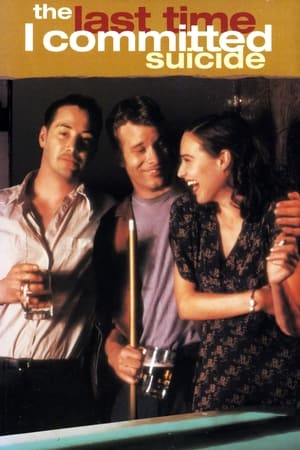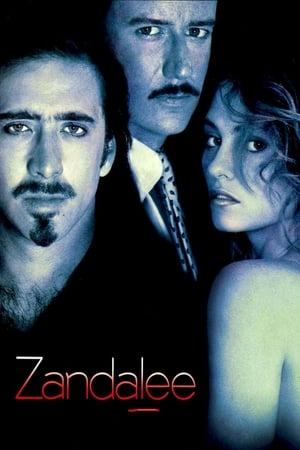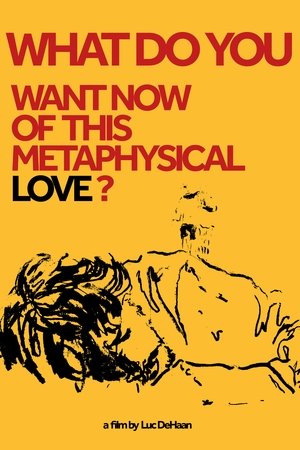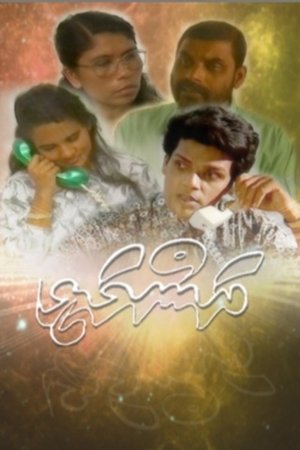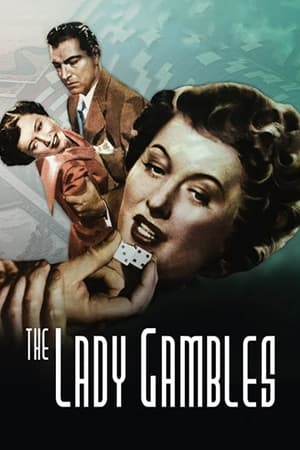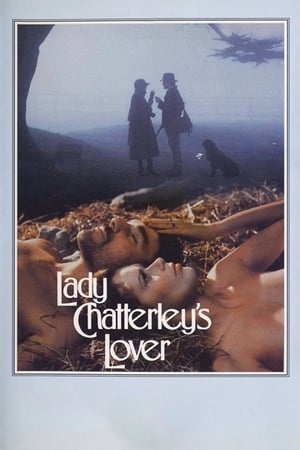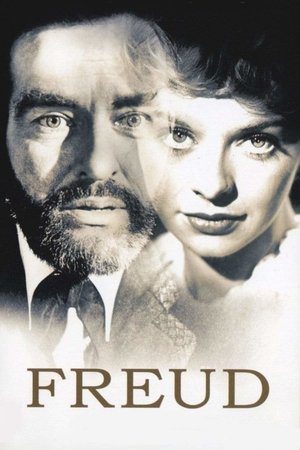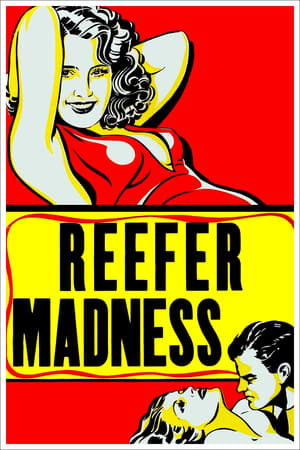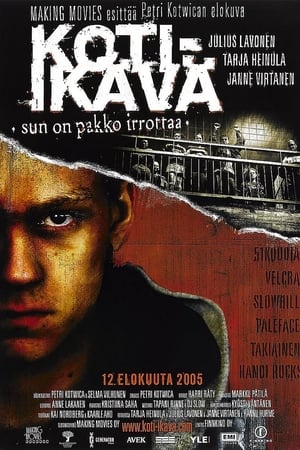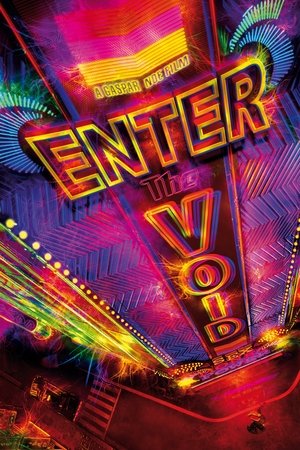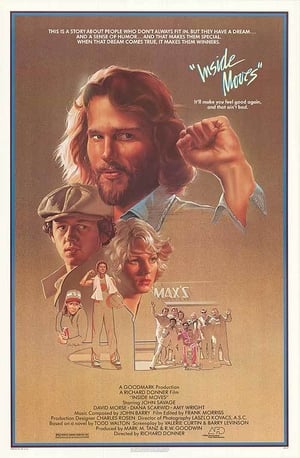Overview
A psychiatrist temporarily separated from her family begins to experience severe psychological distress while working at a mental hospital and returning to her childhood home. As her professional responsibilities and personal relationships intersect, she undergoes a breakdown that forces her to confront long-suppressed memories and fears. (Note: This entry refers to the 1976 theatrical feature film (approximately 135 minutes), created by condensing and re-editing the four-part Swedish television miniseries originally produced the same year.)
Reviews
Shot in 1975, originally for Swedish television, Ingmar Bergman's film ANSIKTE MOT ANSIKTE (Face to Face) explores the idea of a psychiatrist herself struggling with mental illness.
As the film opens, Dr. Jenny Isaksson (Liv Ullmann) is standing in an empty house, her family having removed everything in preparation for a move into a new house later that year. In the meantime, her husband is working in America for a few months and her daughter is at a summer camp. Waiting for the family to be reunited and move into the new house, Jenny temporarily settles in with her grandmother (Aino Taube) and grandfather (Gunnar Björnstrand), the latter of whom is poignantly suffering from dementia. Jenny is initially happy to dedicate herself to a new position at the clinic, but soon she finds the wall between reality and delusion breaking down, and the film chronicles her deterioration.
I personally don't consider ANSIKTE MOT ANSIKTE "major Bergman". Firstly, the cut theatrical version feels sputtering and unfocused and consequently its 2-hour length can seem interminable. Sadly, the original television version has never been released, so neither can audiences have that. Secondly, Bergman had made a few films before that dealt with madness or the dark regions of the psyche, and especially in the second half of ANSIKTE MOT ANSIKTE the director resorts to what had already become some cliches for him.
Still, even second-rate Bergman is worth at least one viewing. In spite of often retreading past ground in showing us what's in Jenny's head, Bergman does at times give us a fresh angle on the theme of mental illness, attempting to convey how much loneliness and shame it involves. Jenny is wracked with emotion but unable to communicate it to those around her, and she feels utterly alone as even those close to her fail to understand her plight. The acting is also superb, with Liv Ullman able to portray a whole spectrum of mental states. Erland Josephson appears in a supporting role, one of the threatening, Mephistophelian characters he did so well.
There is, incidentally, one aspect of this film that makes it a real curiosity in Bergman's body of work. Over the preceding couple of decades, Bergman had shot films that were either period films (medieval or early 20th century) or were fairly contained dramas about small, mainly upper-class circles, with little representation of broader society and changing mores. Here, however, the outside world suddenly and rather crudely intrudes on a Bergman film: early on, Jenny attends a party thrown by a campy, somewhat Cathy Berberian-like elderly woman (Sif Ruud) who dotes on a pair of gay men that she has quasi-adopted. The two men are homosexual stereotypes, sashaying, tight jeans and all, and the party involves some sexually libertine folk dancing to Abba-like pop music of the time. One gets the impression that Bergman was feeling challenged by younger filmmakers like Vilgot Sjöman, but this sudden reflection of 1970s Sweden quickly disappears and the film returns to more traditional Bergman territory.

 114 min
114 min
 7.2
7.2
 1976
1976
 Italy
Italy
 CRCulver wrote:
CRCulver wrote:

